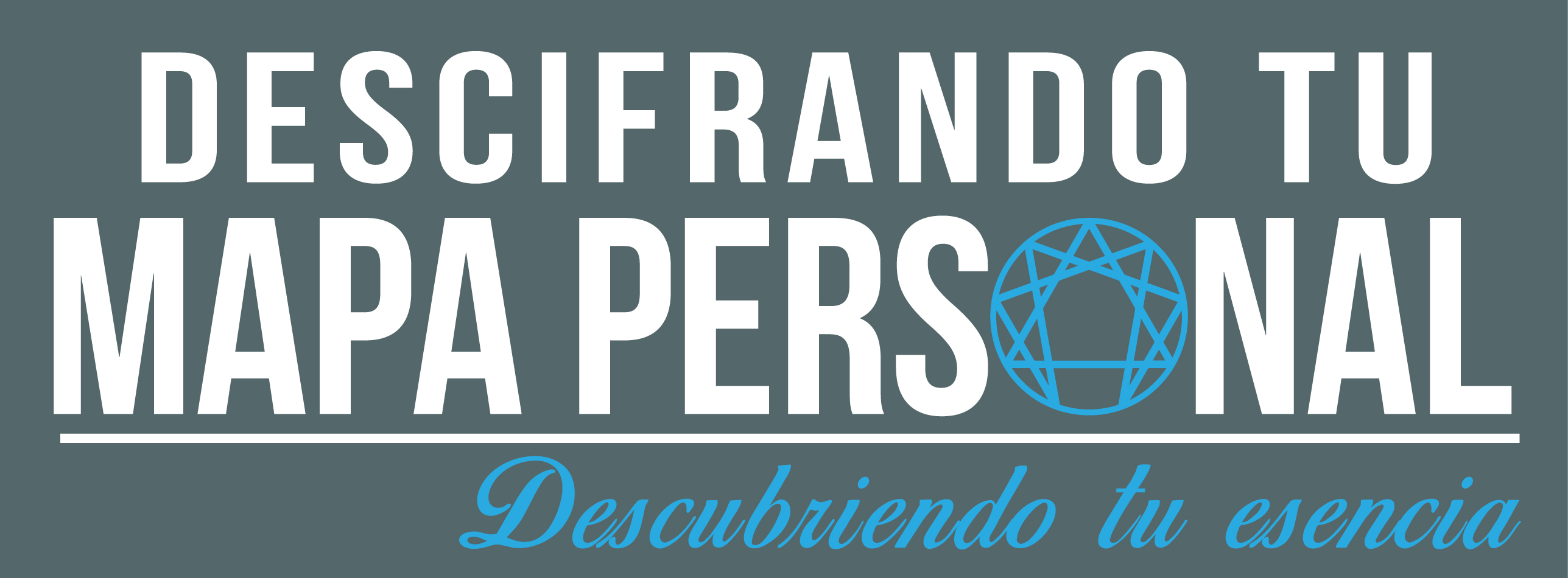Self Help in International Law
Section 129 Notice Requirements
noviembre 29, 2022Separate Legal Entity Definition in Finance
noviembre 29, 2022Self Help in International Law
Does the U.S. have such second-rate standards? Could they really curb institutional glorification and tame constitutional conflicts? In order to understand how self-help can be reconciled with systemic objectives, it is useful to look to legal systems that have explored these types of issues in greater depth. General forces of mutual aid do not create the same intrinsic pressure on proportionality, since their validity does not necessarily depend on someone else`s wrong. But even in their case, we observe a bias against disproportionate and non-reciprocal remedies. It is virtually unknown for the President to veto a Topic D bill because he wants to end Congressional Practice C, or for a congressional committee to investigate one matter in retaliation for perceived executive misconduct in another matter. The deliberative and approval power has become an important exception in this regard, as it has become quite common for senators to proceed with or obstruct appointments or bills (less frequently) for reasons unrelated to the nominee or the bill.290 However, these unusually mitigated maneuvers are strongly criticized on this basis. 291 and the actors involved continue to respect certain external limits of Proportionality. In early 2010, when Senator Richard Shelby attempted to “completely lock” all of President Obama`s pending nominations, he was strongly condemned — even by his Republican colleagues — for exceeding all of those limits,292 and quickly caved in.293 2. Notification and application requirements.
Virtually all self-handling schemes also insist on some form of declaration of intent or requirement to cease conditionally legal measures, with exceptions in cases of emergency. This consultative and publicity mechanism is the fundamental procedural instrument of the right to self-handling. Notice and complaint requirements can, for example, reduce errors and abuses by slowing the pace of self-handling, publishing the legal views and intentions of the injured State, and giving alleged perpetrators a grace period to change or explain their conduct. Restrictions on the use of countermeasures during dispute settlement proceedings distance States from self-handling when the administrative costs of third-party settlement are relatively low. The prohibition of the use of force, human rights violations and attacks against third parties helps to reduce the risk of violence and cycles of escalation; Similarly, the requirements of proportionality, immediate dismissal and just cause (redress instead of retaliation). And the very existence of a doctrine that is supposed to regulate an area once considered beyond the law provides a focal point for negotiation and criticism, increases reputational risk for states that employ aggressive self-help tactics, and lends plausibility to accusations of unwarranted retaliation raised by otherwise uncredible illegal states. The law of countermeasures reduces the likelihood, albeit slightly, of a vicious regression in which the fundamental norms of fair play lose all purchase if primary legal norms are assumed to have been violated. Even if a president acts to avoid direct damage to the presidency, he can at the same time claim that he is defending the entire constitution or the will of the people that underpins his office. While I can`t begin to prove here, I think the discussion in this part is sufficient to support the positive hypothesis that any mature system of self-help regulation relies on a combination of some or all of these strategies. Is it constitutional law? Ein berühmter Fall, MBank El Paso v. Sanchez 836 S.W.2D 151 (Tex. 1992).
was heard by the Texas Supreme Court. Sanchez was the registered owner of a vehicle that was the holder of MBank El Paso`s privilege. When a tow truck driver hired by the bank tried to repossess the vehicle, Sanchez locked himself in the car. The tow truck driver still hooked the car to the tow truck and drove it, with Sanchez still in the vehicle, at high speed to the property where it was left behind, protected by a dump dog. It took the combined efforts of Sanchez`s friend and the police to allow her to escape the confiscated property. In a subsequent lawsuit, the buyout was declared illegal and cancelled, and the bank was also held liable for $1,250,000 in damages to Sanchez, even though the illegal eviction was carried out by the tow truck operator, who was not an employee of the bank. The bank was bound by a “non-delegable obligation not to break the peace” and that any breach of the peace – whether by the debtor, creditor or even an independent contractor acting solely on behalf of the creditor – is considered a debt of the creditor. A study on cross-sectoral self-help faces a definitional issue. What matters? In everyday language, “self-help” can generally refer to “taking care of oneself or helping oneself without depending on others”, or more precisely, “the act or right to right or prevent wrongs by one`s own action. without recourse to legal proceedings. 25 In legal discourse, the meaning of mutual aid is no less fluid.
Some formulations require a “unilateral attempt to right a perceived wrong”,26 while others extend to speculative ex ante measures, such as locking one`s own car door or returning home on a well-lit street.27 Another piece of private law literature interprets self-handling more narrowly than the option of “doing something that would otherwise be legally enforceable to prevent or remedy legal wrong.” 28 This view raises many difficulties, both as a description of President Obama`s behavior and as a recipe for executive practice.
